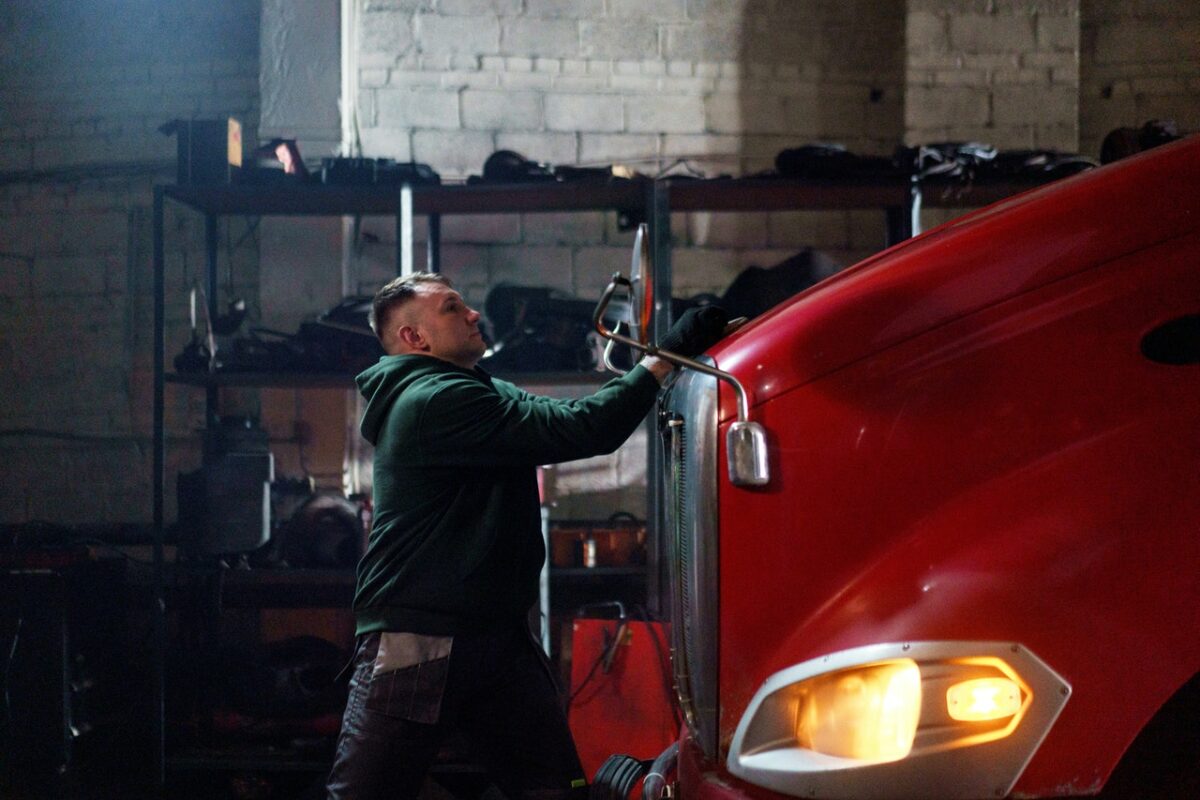When it comes to leasing or buying trucks for your business, there are a lot of factors to consider. First, what is the right option for you? When it comes to business vehicles, there are many factors to consider when deciding whether to buy or lease. This decision is crucial for Trucking Companies because trucks constitute a significant investment. This blog post will explore the pros and cons of purchasing and leasing trucks for your business.
Leasing vs. Buying: The Pros and Cons
There are a lot of factors to consider when you’re trying to decide whether to lease or buy trucks for your business. It’s not a simple decision, and both options have pros and cons. Here are some things to think about as you make your decision.

One factor to consider is the cost. For example, when you lease a truck, you’re only paying for the portion of the truck’s life that you use, typically three years. On the other hand, you’re paying the entire purchase price plus interest and additional finance charges when you buy a truck.
Another factor to consider is how much money you have for a down payment. If you don’t have much money available, leasing may be a better option because you can usually get into a lease with little or no money.
And finally, you need to consider your business needs. For example, leasing may give you more flexibility if your business grows and you need to add trucks regularly. But buying might be the best choice if your business is stable and you don’t anticipate needing to add trucks shortly.
Why You Should Consider leasing

Trucking is a unique business, which means your trucking company has special needs. When deciding whether to lease or buy fleet vehicles, there are many factors you’ll need to consider specific to your company. Here are six reasons you should consider leasing trucks for your business:
- You can get new trucks more often: Leasing terms are typically shorter than loan terms, so you can take advantage of having newer models more frequently. This can be important since technology and safety features are continuously improving.
- You may have lower monthly payments: Since you’re only paying for the portion of the truck’s value used during the lease term, your monthly payments will be lower than if you were to finance a purchase.
- You can avoid hefty repair bills: When you lease, you can take advantage of warranty coverage and maintenance plans. This can help you avoid expensive repairs from owning an older model truck.
- You may be able to write off payments: Check with your accountant, but in some cases, you may be able to deduct your lease payments as a business expense.
- You can buy it at the end of the lease: If you’ve taken good care of the truck and it meets your needs, you may have the opportunity to purchase it for its residual value at the end of the lease term.
- You can return the truck if your needs change: If your business needs change and you no longer need the truck, you can return it to the lessor at the end of the lease term.
Reasons to Buy a Truck

There are many reasons why owning your truck outright may be the best option for your business. When you own the vehicle, you can sell it later down the road and recoup some of your original investment. You also have complete control over how you maintain and care for the truck, and you’re not beholden to a leasing company’s restrictions.
Additionally, if you finance the purchase of a truck through a loan, you may be able to deduct the interest payments on your taxes. This can provide significant savings for your business.
Finally, when you own the truck outright, it becomes an asset to your business. This can be helpful if you ever decide to sell your business or use it as collateral for a loan.
In conclusion, there is no right or wrong answer regarding leasing vs. buying trucks for your business. The best option for your company depends on many factors, including your budget, needs, and preferences. Be sure to research and consult an accountant or financial advisor to make the best decision for your business.
